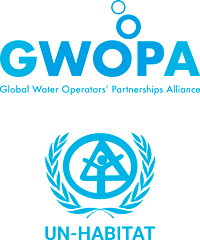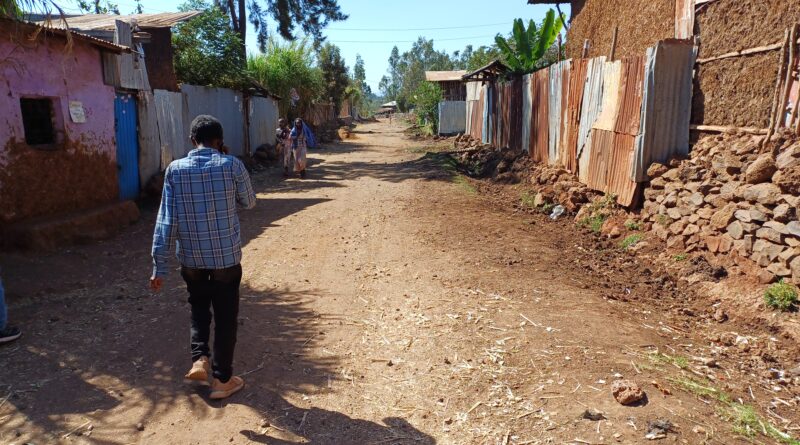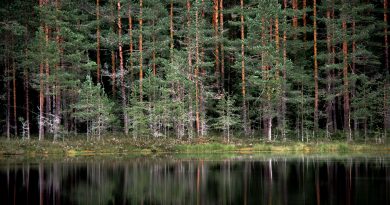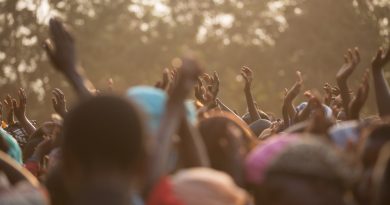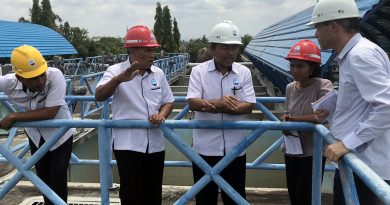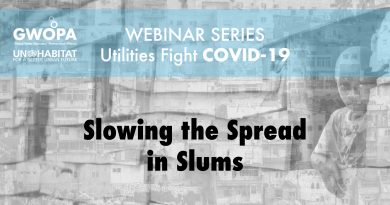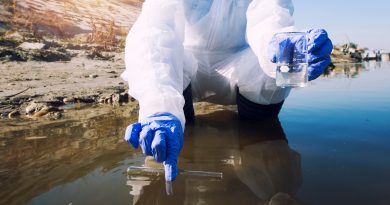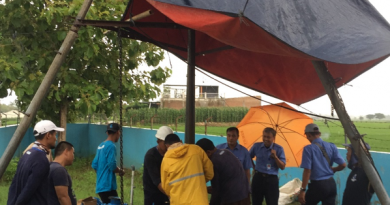Empowering Low-Income Communities: Enhancing WASH services through the Bahir Dar WOP Project
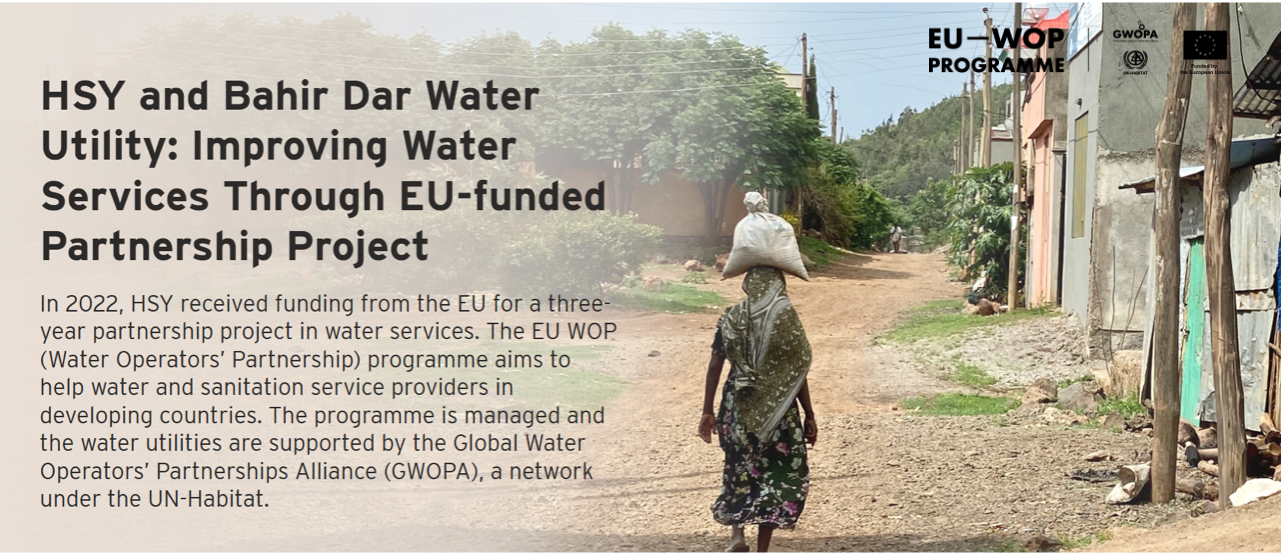
Clean water is not just a necessity; it’s a fundamental right for every individual.
Currently, the Helsinki Region Environmental Services Authority (HSY) is leading a transformative three-year EU-WOP partnership aimed at improving the functionality of the Bahir Dar Water and Sewerage Services (BDWSS) in Ethiopia. One of the key objectives of this initiative is to provide low-income households (LIHs) with improved access to water.
The poorest of the poor in Bahir Dar, with limited water resources, faced health challenges
Bahir Dar, home to about half a million inhabitants, relies on water sourced from boreholes and springs. Although the water sources are adequate, the utility lacks pumps and additional rising pipes from the springs. Therefore, the water distributed does not reach all inhabitants throughout the entire year. The high volume of water lost accounted for 40 leaks. Many families are still forced to collect water from public water points where queues are long and open only during certain hours per day.
The most marginalized groups are the ones without household water connections, and they get their water from the public standposts. Women and vulnerable people spend hours collecting water and carrying 20-litre jerrycans home 3-4 times a day for their family use. The water at the stand post costs them about Birr 100/m3. Those with connection pay only Birr 35/m3 tariff. For persons with disabilities, the costs are even more (7-10 times) than they are to use other people to carry water for them. Water entering the jerrycans also creates a high risk of being polluted by the jerrycan. Carried water value is high, and therefore, it is used with care at home, resulting in poor hygiene due to few laundry and shower times.
A major problem is that LIHs are unable to afford the upfront costs of water connections, compelling them to resort to expensive, time-consuming and often unhygienic alternatives. To address this issue, the project has devised a guideline offering low-income families access to water connections through loans. The loan is provided by the utility, and it is interest-free. LIH can apply for a loan from the utility’s branch office. Loan applicants are assessed based on the format designed in the guideline and by attaching a support letter from the Kebele administration. This Kebele letter confirms that the applicant belongs to the category of poor households.
Interest-free loans for water connections empowering quality of life and gender equality
The impact of these water connections extends far beyond mere convenience. A water connection enables LIHs to have water for their personal hygiene, such as laundry and showers more frequently. Importantly, having water supply connections would eliminate the need for women and girls to spend approximately 4×40 minutes water fetching time from the public water points, a task that currently falls predominantly on them. The use of yard taps increases laundry and shower times and improves the hygiene of all family members, directly impacting health. The time saved from water collection allows girls to participate fully in school, and mothers can also have time for productive work at home or outside of the home.
The response to this initiative has been positive. There is a high demand for loans, and material procurement for connections is already underway. In closing, the journey towards water equity in Bahir Dar is just beginning, but with every connection made, we inch closer to a future where clean water is truly accessible to all.
The blog post is written by Arto Suominen.
